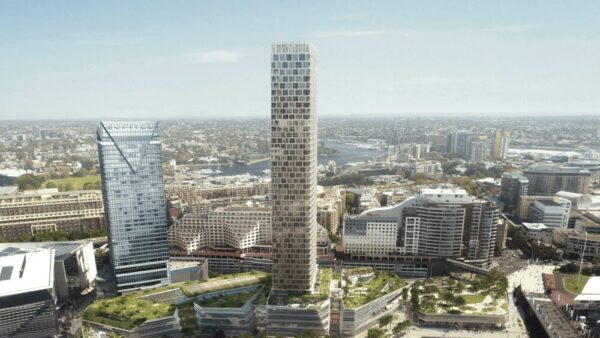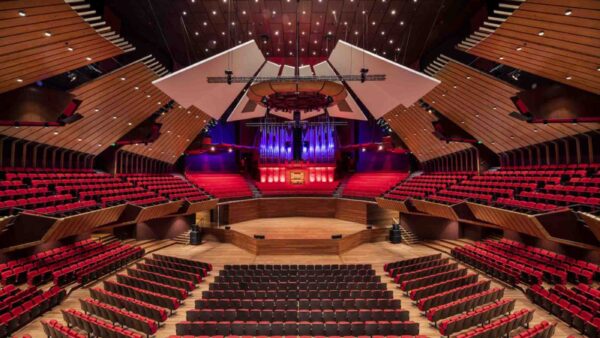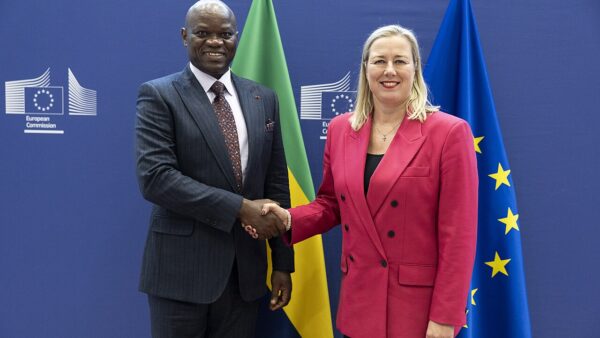A major independent power plant scheme, billed as the first of its kind, has reached financial close and will now enter construction in electricity-starved Nigeria.
Twenty international banks and equity funders have committed $900m to the Azura-Edo Independent Power Project, a 450MW gas-fired open-cycle power plant to be built in the country’s Edo State.
A joint venture of Siemens and Julius Berger Nigeria will start building the plant, which is expected to start generating in 2018.
Considered a model for future plants in terms of its private financing, the plant will also burn Nigeria’s natural gas, of which many billions of cubic feet are now routinely flared off as waste.
Despite the country being a major oil and gas exporter, as many as 93 million Nigerians, just over half its population, lack electricity–
After four years in development, the scheme reached financial close on 28 December.
Announcing the milestone on 15 January, the scheme’s co-developer, London-based Aldwych International, said Azura-Edo is Nigeria’s “first true privately developed, greenfield, limited recourse project-financed independent power plant”, and claimed it would be a template for similar projects in the country.
Nigeria’s moribund power infrastructure is in sore need of rejuvenation.
Despite the country being a major oil and gas exporter, as many as 93 million Nigerians, just over half its population, lack electricity, according to a 2015 report by Kofi Annan’s Africa Progress Panel.
Construction on the plant actually began in October 2014 but stalled when then-president Goodluck Jonathan refused lenders’ requests for the government to waive sovereign immunity concerning project risk.
That request was granted by the new president, Muhammadu Buhari, in 2015.
The plant will be built on the outskirts of Benin City, close to Nigeria’s biggest gas distribution pipeline, on a site accessible to the country’s high voltage transmission network.
It will sell its power to Nigerian Bulk Electricity Trading, and will burn gas supplied under a long term agreement by Nigerian oil company, Seplat.
Oil companies in Nigeria are widely criticised for the surface-burning, or flaring, of natural gas, which is often produced as a by-product of oil extraction.
In 2014, the Nigerian National Petroleum Corporation disclosed that oil and gas firms in the country flared nearly 290 billion standard cubic feet of gas, more than 11% of the total gas produced in the country that year.
Debt financing parties include the International Finance Corporation (part of the World Bank), Standard Chartered Bank, Rand Merchant Bank, Standard Bank, First City Monument Bank, Siemens Bank, FMO, KfW, DEG, Proparco, Emerging Africa Infrastructure Fund, ICF Debt Pool, Swedfund, CDC and OPIC.
Aldwych is also acting as construction manager for the project via its wholly owned subsidiary Aldwych Azura Operations Limited.
The project company, Azura Power West Africa Limited, is owned 2.5% by Edo State Government and 97.5% Azura-Edo Limited, which in turn is owned 50% by Amaya Capital together with American Capital Energy & Infrastructure, 30% by Africa Infrastructure Investment Fund 2 Power Holdings, 14% by Aldwych together with the Pan-African Infrastructure Development Fund (PAIDF) 2, and 6% by ARM-Harith Infrastructure Fund.
Photograph: Oil companies in Nigeria flare off billions of cubic feet of natural gas every year (Epoxyoil.com)






